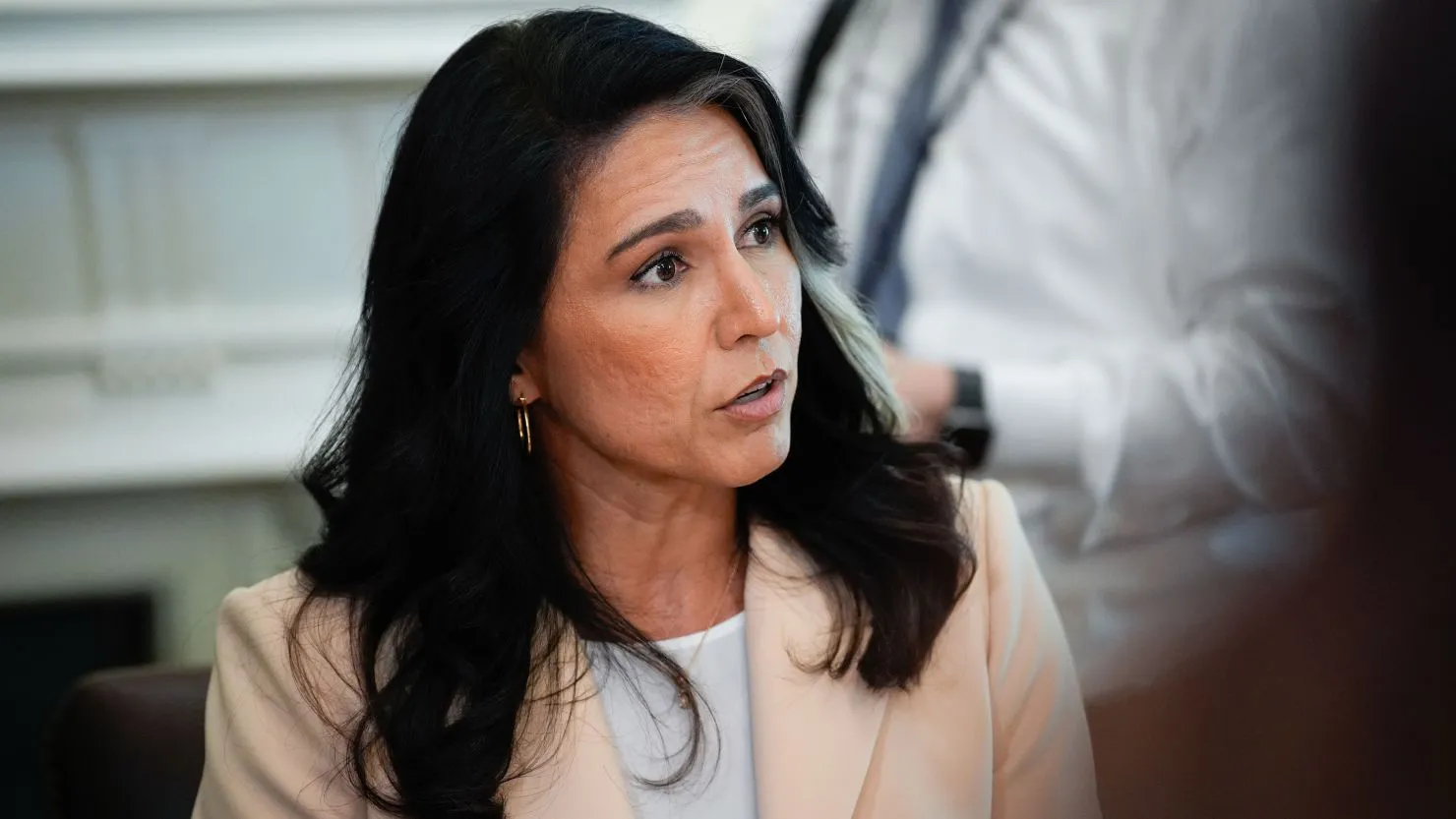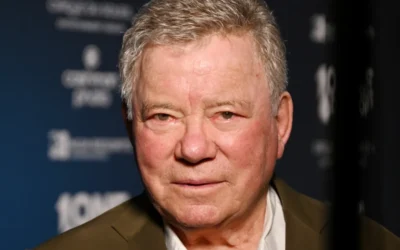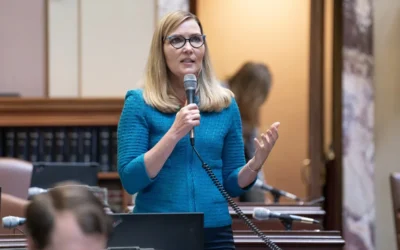Tulsi Gabbard’s Bold Accusations: Calls for Prosecution of Obama Officials Over 2016 Election Intelligence
In a stunning political maneuver that has captured national attention, former Congresswoman Tulsi Gabbard recently threatened to refer officials from the Obama administration for criminal prosecution, which has ignited a firestorm of debate and controversy surrounding the narrative of Russian interference in the 2016 presidential election.
The Origins of the Controversy
The 2016 election was marred by allegations of foreign interference, particularly from Russia. Concerns escalated following an assessment by the United States intelligence community that suggested the Kremlin was actively working to undermine Hillary Clinton’s campaign while boosting Donald Trump’s chances of winning. This intelligence assessment laid the groundwork for significant political and media narratives in the years that followed.
Gabbard’s Claims About Intelligence Manipulation
Tulsi Gabbard, a former Democratic congresswoman from Hawaii and a 2020 presidential candidate, has taken a hard stance against these narratives. Citing recently released government documents, she claims that officials in the Obama administration manufactured intelligence assessments to further a political agenda. “The narrative that there was formal collusion between the Trump campaign and Russian operatives was always dubious,” Gabbard stated in a recent interview. “Now, with documents that have surfaced, we see evidence suggesting that the Obama administration knowingly misled the American public.”
Documents Supporting Gabbard’s Claims
While Gabbard’s accusations are not new, the recent release of additional documents has propelled them back into the spotlight. According to a report, materials that were previously classified have been unveiled, showing discrepancies and questioning the validity of claims made by key figures in the intelligence community during the Obama administration.
Among the most significant discoveries is a collection of emails and communications among intelligence officials that demonstrate conflicting assessments regarding Russian interference. While some officials were inclined to treat the evidence with caution, others insisted on pushing a more aggressive narrative, leading to concerns about the politicization of intelligence.
Political Fallout and Reactions
The fallout from Gabbard’s statement has spread across the political landscape. Many prominent figures in the Democratic Party have spoken out against her, calling her actions a sign of her political motivations and labeling her as a “useful tool” for Russian propaganda. “To question the integrity of our intelligence community is unconscionable,” said Rep. Adam Schiff, who played a crucial role in the impeachment proceedings against former President Trump. He argues that undermining legitimate investigations into Russian interference only serves to weaken American democracy.
Conversely, some Republican leaders have come to Gabbard’s defense, applauding her willingness to challenge the mainstream narrative that has dominated political discourse for years. “We need more voices like Tulsi’s that are willing to question authority and demand transparency,” said Senator Rand Paul in a statement.
A Call for Accountability
In what has become a central theme of her recent advocacy, Gabbard has called for accountability from those who she believes manipulated intelligence for political gain. “We cannot allow past administrations to evade responsibility for their actions, especially when they misled the American people,” she asserted during a recent rally.
Gabbard has indicated her intention to pursue legal avenues that could lead to criminal referrals against Obama-era officials she believes played a role in the alleged misconduct. This bold stance has only intensified debates regarding the intersection of politics and intelligence and has reignited discussions about the potential consequences of the ongoing investigations into election interference.
The Implications for Democracy
The implications of this debate extend far beyond Gabbard’s personal crusade for accountability. Amid persistent claims of election tampering, the public’s trust in government institutions appears increasingly fragile. Gabbard’s accusations further strain the already tense relationship between independent citizens and their elected representatives, as some question whether they are receiving the full story regarding significant events impacting their lives.
Moreover, questions about accountability have resonated within the broader conversation about political partisanship in the United States. Many Americans are concerned that both major political parties are increasingly reluctant to hold their members accountable when the actions taken are seen as politically advantageous.
The Future for Gabbard and the Narrative
As Gabbard continues to pursue her agenda, her future in politics remains uncertain. Once considered a rising star within the Democratic Party, she has undergone a significant transformation into a maverick voice that frequently criticizes her former allies. Gabbard has suggested that her willingness to speak out against the narrative surrounding Russian interference has caused her to be marginalized within her own party.
Looking ahead, Gabbard’s actions will likely inspire a new wave of political discourse regarding public accountability, the role of intelligence, and the profound effects of misinformation on American democracy. Whether or not Gabbard’s efforts will lead to significant legal changes or political consequences remains to be seen, but her bold accusations have undeniably ignited critical conversations about these pressing issues.
Conclusion: The Ongoing Story of 2016 Election Interference
The debate over the 2016 presidential election’s integrity and the intelligence assessments surrounding Russian interference is far from over. As new information and narratives continue to surface, it is essential for the public to remain vigilant and discerning about the information they consume.
Gabbard’s recent claims remind us of the complex nature of political narratives and the ongoing battle for truth in the age of misinformation. As the nation continues to grapple with the consequences of past elections, it becomes increasingly vital to understand the stakes involved and the importance of ensuring that future elections are free from undue influence, whether from foreign adversaries or domestic political machinations.







